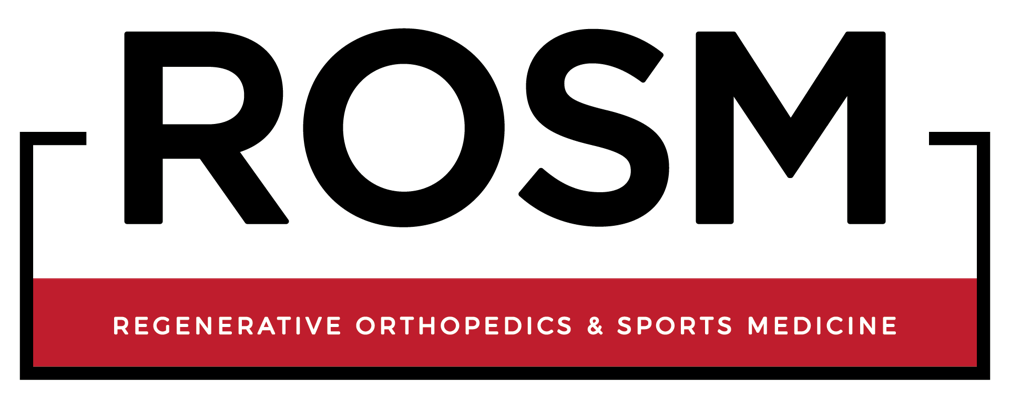Article written by Dr. John L Ferrell III M.D
If you’ve undergone arthroscopic surgery to treat knee osteoarthritis (OA) but still struggle with pain and limited mobility, you’re not alone. Many patients find that traditional surgery, while helpful for some, doesn’t always lead to the long-term improvement they hoped for. Luckily, there is an exciting non-surgical alternative that could be the answer you’re looking for—microfragmented adipose tissue (mFAT) therapy.
What is mFAT Therapy, and How Does It Work?
Microfragmented adipose tissue (mFAT) therapy involves using your own fat, which is minimally processed and reinjected into your knee joint. This fat contains valuable regenerative cells that help reduce inflammation and improve tissue healing, making it an effective option for those whose arthroscopic surgery didn’t provide the desired relief.
A recent study published in Knee Surgery, Sports Traumatology, Arthroscopy showed that mFAT injections, when combined with arthroscopic debridement (AD), provide significant functional improvements in patients suffering from severe knee OA. This treatment has been shown to improve pain levels, increase knee function, and enhance the quality of cartilage tissue—all without the need for additional invasive surgery.
Key Findings: Why mFAT Might Be the Solution for You
The study involved 78 patients who had undergone arthroscopic debridement, and half of them received additional mFAT injections. The results were promising:
- Pain Relief: Patients treated with AD plus mFAT reported greater improvements in pain relief compared to those who only had AD, with significant differences observed at 6 months and continuing up to 2 years after treatment.
- Better Knee Function: The Knee Injury and Osteoarthritis Outcome Score (KOOS) showed marked improvement in patients who received mFAT. The functional scores demonstrated the lasting benefits of this treatment on joint performance.
- Enhanced Tissue Quality: MRI results showed better cartilage quality in patients who received mFAT compared to those who didn’t, supporting its use in regenerating damaged tissue.
These findings indicate that mFAT can be particularly beneficial for patients who have had arthroscopic surgery but are still experiencing persistent symptoms. If your previous surgery hasn’t brought the relief you hoped for, mFAT might offer a minimally invasive and effective solution.
Who Should Consider mFAT After Arthroscopy?
mFAT is ideal for those with knee osteoarthritis who have undergone arthroscopy and still experience pain or difficulty in movement. It is particularly suitable for patients who have moderate to severe OA and want to avoid or delay a total knee replacement.
Patients with persistent symptoms after arthroscopic debridement often look for ways to restore quality of life without committing to the risks and recovery time associated with further surgery. This therapy provides an option that harnesses the body’s natural healing properties, utilizing regenerative cells to heal the knee joint.

The Benefits of mFAT vs. Further Surgery
- Minimally Invasive: Unlike a total knee replacement or further invasive surgeries, mFAT involves a simple fat extraction and reinjection process.
- Quick Recovery: Patients generally experience a much quicker recovery time compared to more invasive surgeries.
- Long-Term Results: The improvements in knee function and pain relief have been noted up to 24 months after treatment, making it a durable option.
- Safe and Effective: The study found no major procedure-related complications, highlighting the safety profile of mFAT when used in combination with arthroscopy.
Is mFAT Right for You?
If you’re frustrated with ongoing knee pain after arthroscopy, mFAT could be an effective way to avoid further surgery and find long-term relief. Many patients have found that this treatment allowed them to regain mobility, reduce pain, and get back to the activities they love without having to go through another major operation.
To learn more about how mFAT therapy can help relieve your knee pain and improve your quality of life, contact us today to schedule a consultation. Our team of regenerative medicine experts is here to guide you toward a solution that works for your unique needs.


